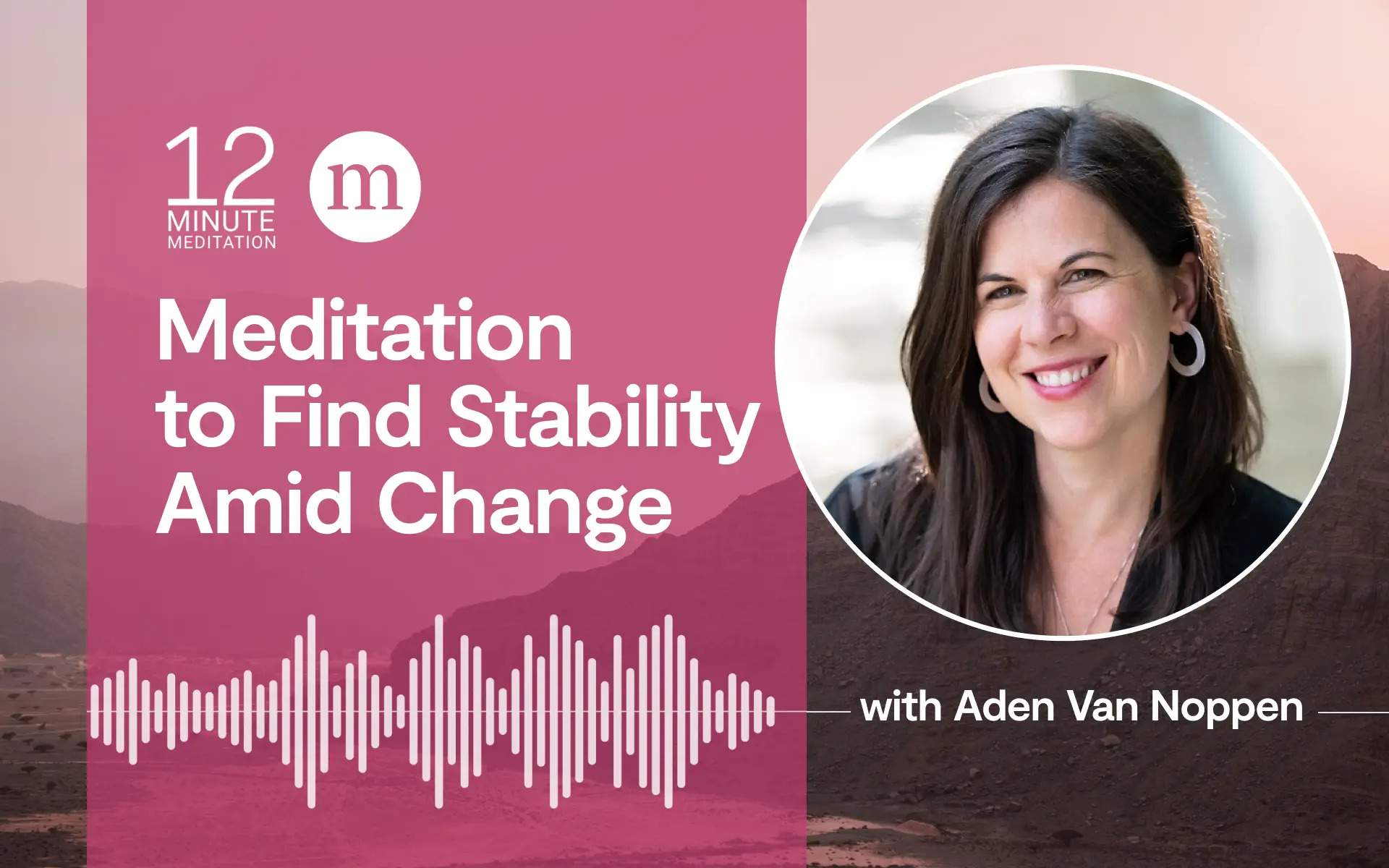The new grant supports three research initiatives that explore how meditation works in changing the way the brain processes emotion, how it can help reduce stress that causes illness, and how meditation influences sleep. While research has shown that meditation can help people regulate their emotions and even control reactions to pain, little is known about the mechanisms by which these changes occur.
“These projects will help us understand whether meditation does indeed produce long-lasting changes in the brain, what these changes are, and whether these practices may be helpful in the daily life of people of those who are suffer from certain health problems as well as those who are ‘normal’,” says Richard J. Davidson, professor of psychology and psychiatry, and founder and chair of the Center for Investigating Healthy Minds at the Waisman Center.
Here’s a summary of the three new research projects, from the Center for Investigating Healthy Minds press release:
The first project, led by Davidson, continues the center’s study of compassion and mindfulness meditation, and their impact on emotion regulation; and it compares the effects of meditation in new practitioners and long-term meditators. Using functional magnetic resonance imaging (fMRI), the researchers will measure the way meditation practitioners react when presented with negative pictures of human suffering, and to positive images of human flourishing. Davidson and his colleagues are especially interesting in measuring whether the emotions linger and they have developed novel methods to probe for such effects in the brain.
In a previous NCCAM-supported study, researchers found that the time it takes for the threat center of the brain to respond and recover from a negative image is an indicator of neuroticism. The study showed that long-term meditators had a better recovery than novice meditators or non-meditators. In the new work, differences between mindfulness and compassion meditation will be examined and the relations between changes in the brain and changes in the body will also be studied.
The second project, led by William Busse (an international authority on asthma) and Melissa Rosenkranz, will examine the effects of meditation on asthma symptoms and biology. Asthma represents an enormous public health burden, affecting more than 10 percent of the U.S. population. While evidence suggests that psychological factors are a major contributor to the expression of symptoms, their underlying mechanisms have never been characterized.
This project will use fMRI to determine whether training in Mindfulness-Based Stress Reduction will reduce the lung function impairment and inflammation associated with asthma. The study will focus on how this form of meditation reduces the reactivity of emotion-related circuitry in the brain.
The third project is aimed at understanding how meditation affects sleep and dreams, and how this in turn affects daily life and health. Led by Giulio Tononi, professor of psychiatry and director of the Center for Sleep and Consciousness at UW-Madison, the study further the Center’s previous work, which showed that long-term meditators displayed an increase in electroencephalographic (EEG) gamma activity during deep sleep.
The new project will try to define the way meditation affects us during sleep, and how changes in EEG activity influence the way our brain functions during wakefulness. Researchers will compare the differences in EEG patterns in long-term practitioners and non-meditators, and determine whether these differences can be induced in new practitioners. The team also will assess the general significance of these findings on health.
To learn more about Richard Davidson’s current meditation research, click here.
You might also want to check out “Rewiring Your Emotions” from the October issue of Mindful magazine, where Sharon Begley, our Mind/Body columnist and senior health and science correspondent at Reuters, talks to Richard Davidson about neuroplasticity and meditation.






